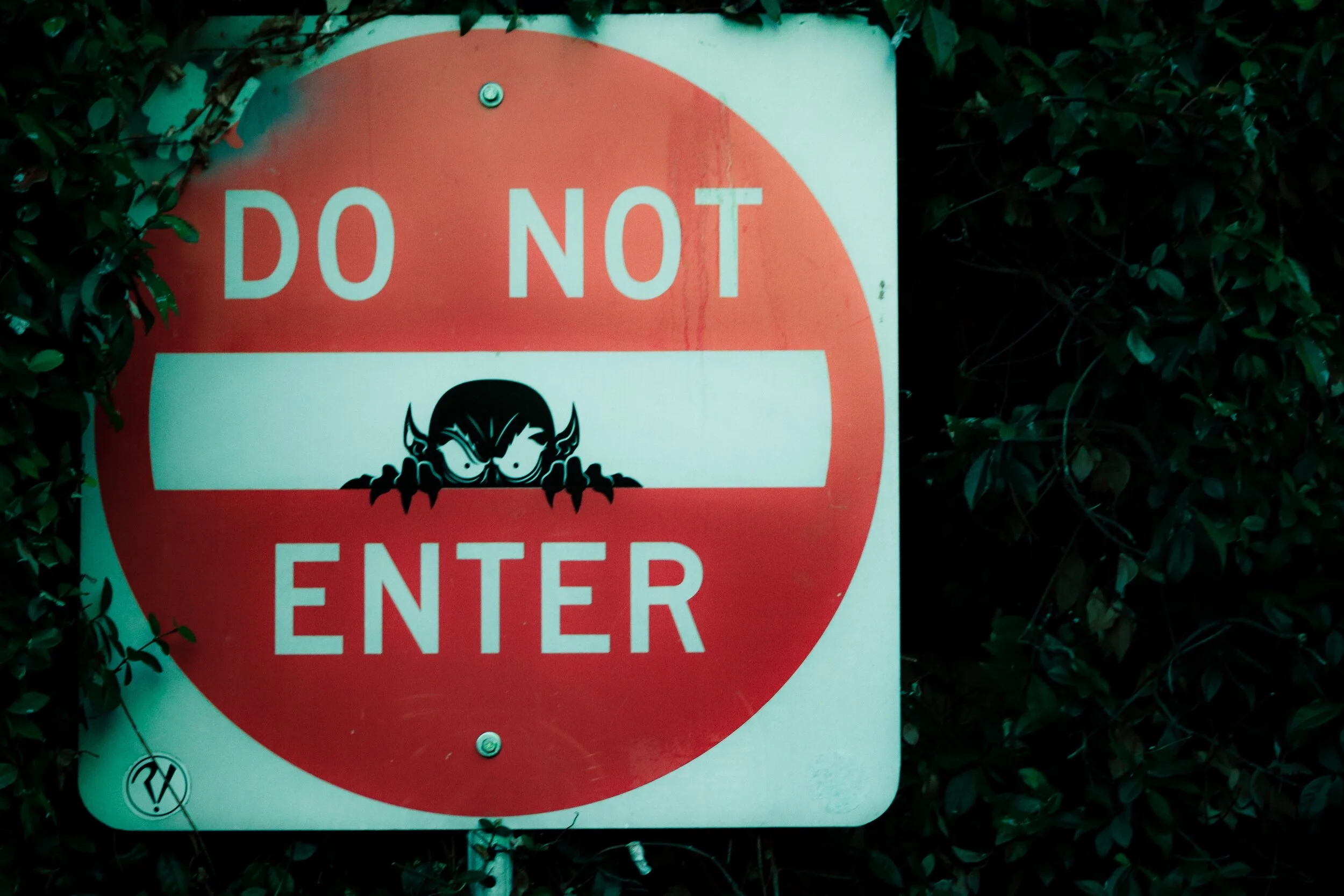1. Mental Health Declines Among Americans, Except Weekly Churchgoers: Fascinating study by Gallup that Aaron Earls explains. He says that, “Those describing their mental health as excellent has been between 42% and 51% since 2001. In 2020, that fell to 34%.”
2. Are We Experiencing Another Reformation? George Barna says that based on a new survey, “’American Christians are undergoing a post-Christian Reformation,’ says Dr. George Barna, Director of Research at the CRC. Unlike the Protestant Reformation was to return to the foundational teachings of the Bible, this modern movement is one where Americans are redefining biblical beliefs according to secular values.”
3. Should Christians Use the Enneagram? This is a well-balanced article by Tyler Zach, who shares some fascinating history of the Enneagram and concludes, “After decades of the church deploying reason-based apologetics, the door is wide open for us to use a self-awareness tool like the Enneagram to connect hearts and minds within a culture that has split itself.”
4. Pornhub Removes Majority of Videos: Fantastic news as the anti-trafficking ministry Exodus Cry has taken on the pornography giant. A recent expose by the New York Times revealed that, “Videos of assault involving underage girls, rape, and other exploitative content continue to be posted and reposted on the user-generated porn site, and the company is not doing enough to stop it.”
5. A Friend Who Sticks Closer Than… a Hobbit? Carissa Jones with a wonderful post on friendship and hobbits. She concludes, “We need those friends in our lives. Those who will carry us to the throne room when we are too weak and weary to take ourselves. We need to be those friends as well, sharing others' burdens when we can and lifting them up when we cannot. And when we've reached the end of our earthly journeys, may we look at our friends and proclaim, ‘I am glad you are here with me. Here at the end of all things.’”
6. The Gentle Tug of Spiritual Disciplines: Craig Thompson reflects on how the tug of spiritual disciplines is different than the tug of his dog, “Toby makes sure that he is the center of my attention when he needs something. The Lord tends to call to us in small whispers. Listen carefully. Your spiritual disciplines may never demand your attention. But they do promise rest and communion with the Lord if you will just slow down.”














